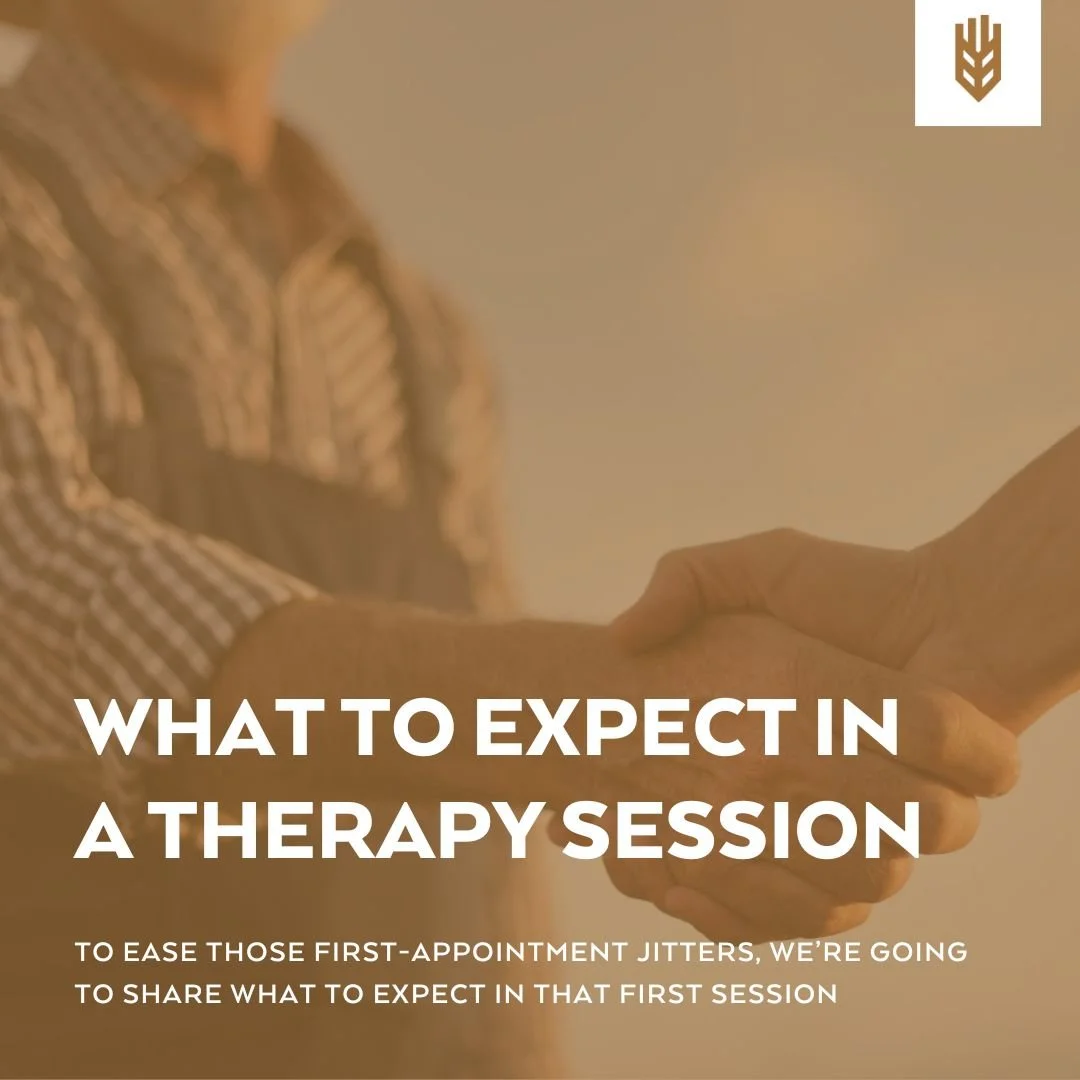Chronic Stress
Our bodies are hard-wired to deal with stress so that we can protect ourselves from predators. Even though most of us don’t face these types of threats anymore, that doesn’t mean our life is free of stress. Quite the opposite! We face many daily demands, such as having heavy workloads, paying bills, fixing equipment, and caring for our family. When we interpret these hassles as threats, we’re on high alert, under pressure, and irritable.
Nearly 25% of Canadians between 35-64 years old reported experiencing quite a bit of extreme stress on most days. If you’re feeling like this, it might be time to get help. Being in a state of constant stress means that you have a lot of stress hormones in your system that can damage your brain and body over time. It can even put you at greater risk for health problems like Type 2 diabetes, cardiovascular disease, cancer, and substance abuse.
What is chronic stress?
Stress can be difficult to define as people experience stress differently. Negative events do not always lead to stress; positive events are not necessarily stress-free. Simply, stress is the disruption of the body’s homeostasis (i.e. ideal bodily function). Stress is the human response to change that is perceived as a challenge or a threat; it is a natural occurrence in life. However, too much stress can harm the body, especially over a long period.
What to Watch Out For
There are emotional, physical and behavioural signs of chronic stress that vary from person to person, but there are some common symptoms. Generally, if a person has three to five of these symptoms for more than a few weeks, they might be suffering from chronic stress:
Feeling aches and pains
Having trouble falling asleep
A change in social behaviour, such as staying in often
Feeling tired throughout the day
Trouble thinking clearly
Eating a lot more or a lot less than normal
Using more alcohol or drugs
Bottling up our emotions by disconnecting from people in our life
Causes of Chronic Stress
Chronic stress happens when we’re exposed to repeated stressors. In today's hectic society, there are many possible sources, but for many people, the stress comes from work and family.
What Can You Do
Let’s face it: Stressful events are a fact of life. If you’re a farmer, you know you’ll have stressors to deal with down the road. And while you can’t change your current situation, you can take steps to manage the impact these events have on you.
Some people who experience chronic stress will see a doctor for their specific symptoms. For example, a farmer with stomach pain rooted in stress might take medication or change their diet. But there are other ways to prevent chronic stress from wreaking havoc on your body and brain. For example, you could try some of these stress management techniques to bring down your stress levels:
Eat healthy foods and try to stay away from the processed stuff
Learning time management techniques
Set realistic goals for the day
Get about 7-8 hours of sleep each night
Make time for leisure activities
Find ways to add laughter to your day, such as looking at a joke website
Volunteer in your community
AgKnow is not a substitute for professional medical advice, diagnosis, or treatment. If you are in crisis, please visit your local emergency department or call 911. If you are experiencing depression and need support, many treatments are available for you.
Resources for Chronic Stress
Article by Dr Rebecca Purc-Stephenson
Applied Social Psychologist and Professor in the Department of Social Sciences
BOOKING AN AGKNOW SESSION
CHOOSE A THERAPIST
The members in our referral network have experience with farmers and the agriculture industry in Alberta. We know context is important so you can spend less time getting them up to speed and more time getting to the root of the issue.
SCHEDULE A CALL
You have direct access to everyone in our referral network, so once you find a therapist you resonate with, fill out their form and book your first session.
TALK ABOUT IT
Whether in person, virtual or through a telephone session now is your chance to talk about how you are really doing. Remember - we were never meant to do this alone.








